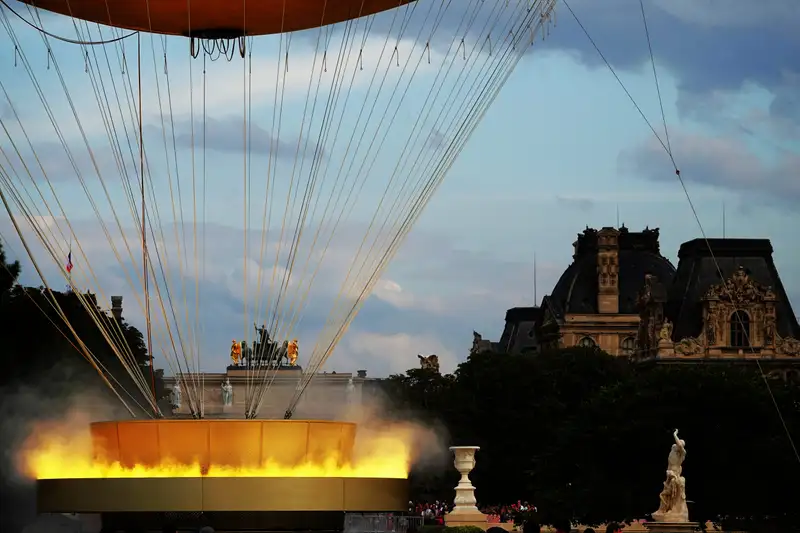The upcoming 2024 Summer Olympics in Paris, starting on July 26, promises to be a landmark event, not only for the inclusion of breakdancing but also as the inaugural Games under the International Olympic Committee’s (IOC) AI Agenda. This initiative aims to harness artificial intelligence to revolutionize various aspects of the Olympic experience.
With a history dating back to 1896 in ancient Greece, one might question the necessity of an AI agenda for the Olympics. However, the IOC asserts that AI can play a pivotal role in enhancing athlete performance, ensuring fair competition, streamlining event operations, and enriching the spectator experience. IOC President Thomas Bach emphasizes the importance of “responsible leadership” in navigating the future of sports through AI while upholding Olympic values.
Identifying and Developing Athletic Talent
The IOC’s AI initiatives are specifically designed for sports, yet they hold broader implications. A primary focus is on identifying individual talent by analyzing vast data sets related to performance and physical characteristics. This technology can uncover potential athletes who might otherwise go unnoticed.
Furthermore, AI is instrumental in transforming promising athletes into elite competitors by providing coaches with tailored training regimens. AI models can enhance training efficiency and uncover hidden patterns in athletes’ behaviors, allowing for ongoing strategy adjustments. These AI-driven systems are often more cost-effective and accessible than traditional coaching methods, with some requiring only a smartphone for real-time movement analysis.
Organizations like Swimming Australia are already utilizing AI to interpret athlete data through natural language processing. Additionally, AI is making strides in injury prevention and rehabilitation by analyzing biomechanical data to pinpoint risk factors and offer personalized recommendations.
Promoting Fair Competition
Another vital component of the IOC’s AI agenda is its role in promoting fair play. Technological aids for officials, such as the decision review system in cricket and electronic line calling in tennis, are already in use. AI is also being integrated into gymnastics judging to improve transparency and accessibility for audiences.
Enhancing Fan Engagement
Innovative technologies are making the Olympics more accessible to fans. During the Tokyo 2020 Games, digital engagement saw a significant increase compared to the Rio 2016 Games. Surveys reveal that while there is skepticism about AI-generated political news, sports fans are more open to AI-generated content. Research from IBM indicates that 55% of global tennis fans believe AI will have a positive impact on sports, highlighting a growing acceptance of AI in enhancing the fan experience.
Boosting Operational Efficiency
AI’s potential extends beyond sports, aiming to enhance efficiency, reduce costs, and promote sustainability at the Olympics. This includes optimizing transportation, workforce training, logistics, and ticket sales. The IOC intends to share insights gained from the Paris Games with other sports organizers to foster more engaging and cost-effective events. Additionally, AI will play a role in safeguarding athletes from social media abuse by monitoring and removing harmful posts during the Olympics.
Adapting to Change
As AI technology continues to advance, it is essential to establish guidelines for its safe and responsible application. Key considerations include data security, accuracy, fairness, and inclusivity. The IOC’s 2014 reform program, encapsulated by the motto “change or be changed,” emphasizes the urgency of adapting to the rapid evolution of AI. As AI becomes increasingly integrated into the Olympic framework, the forthcoming Los Angeles 2028 and Brisbane 2032 Games are anticipated to showcase even more groundbreaking innovations.
